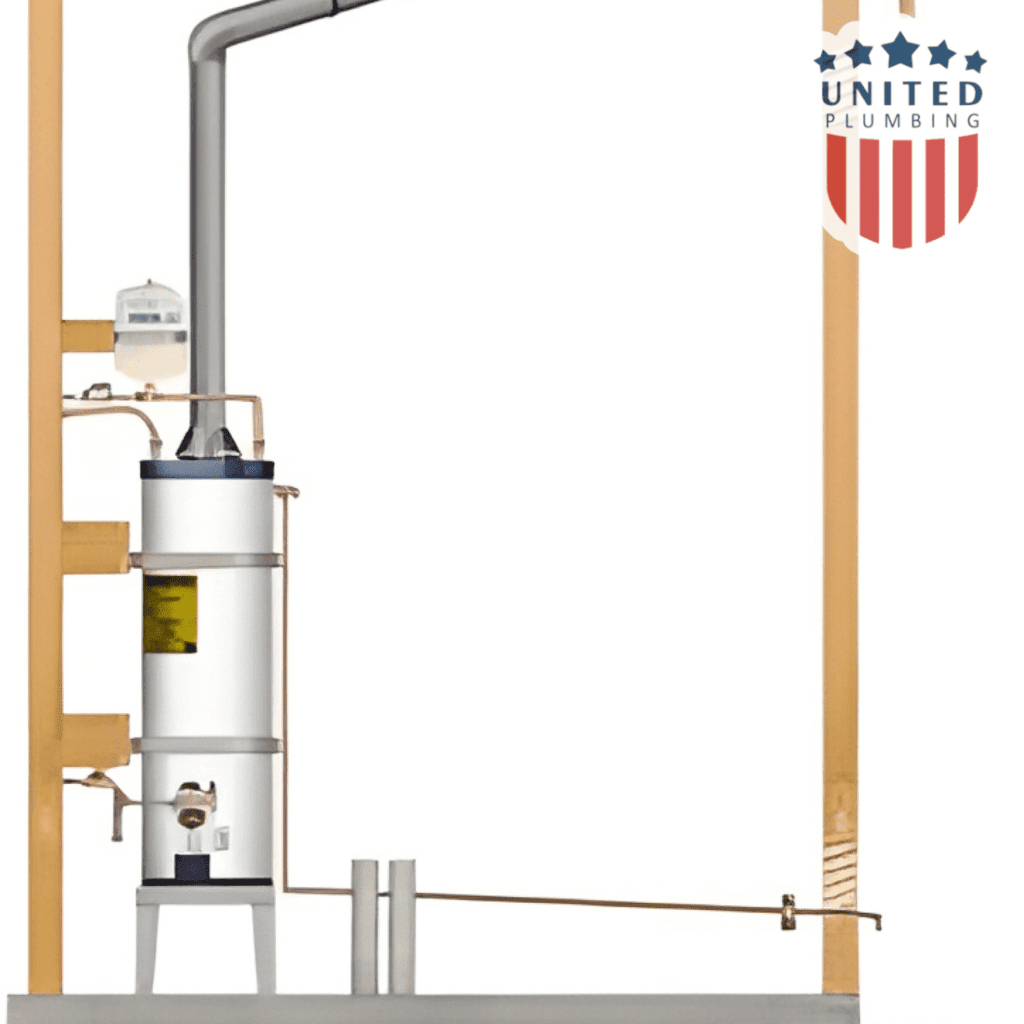california water heater regulations 2021
California updated its water heater regulations in 2021 to promote energy efficiency and reduce carbon emissions. These changes impact homeowners, builders, and contractors. Understanding these new standards is crucial for compliance and avoiding potential penalties. This guide provides an overview to help you navigate the updated regulations and ensure your water heater meets the requirements. Further information and resources are available through the California Energy Commission website.
Key Changes Introduced in 2021
The 2021 California water heater regulations significantly tightened energy efficiency standards. A key change involved the adoption of stricter minimum Energy Factor (EF) ratings for various water heater types. This means that new water heaters installed in California must meet higher efficiency benchmarks than their predecessors. Previously acceptable models may no longer comply. The regulations also introduced stricter requirements for standby heat loss, aiming to minimize energy wasted when the water heater isn’t actively heating water. Another significant alteration pertains to the allowed types of water heaters. Certain older technologies, known for lower efficiency, were phased out or had their allowed capacities significantly restricted. This push towards higher efficiency models reflects California’s commitment to reducing greenhouse gas emissions and promoting sustainable energy practices. The updated regulations also incorporated stricter requirements for point-of-use water heaters, which are smaller units often found in kitchens or bathrooms. These smaller units now face similar heightened efficiency standards, contributing to the overall goal of energy conservation across residential and commercial settings. Understanding these specific changes is vital for ensuring compliance with the updated code.
Energy Efficiency Standards and Compliance
California’s 2021 water heater regulations center around achieving significant improvements in energy efficiency. Compliance hinges on meeting specific Energy Factor (EF) ratings, which measure the ratio of useful hot water energy delivered to the total energy consumed. These ratings vary depending on the type of water heater (electric, gas, heat pump). For instance, electric water heaters must meet a minimum EF rating, exceeding previous standards. Gas water heaters also face increased EF requirements, reflecting advancements in technology that allow for more efficient heating. Heat pump water heaters, known for their superior efficiency, are encouraged, and their minimum EF standards are also specified. Meeting these standards is paramount for compliance. It’s crucial to check the yellow EnergyGuide label on each water heater model to verify its EF rating and ensure it meets or exceeds the California requirements. Failure to meet these standards can result in penalties. Furthermore, understanding the nuances of the regulations for different water heater capacities is vital. Larger capacity units often have more stringent efficiency requirements due to their higher energy consumption potential. Always consult the official California Energy Commission (CEC) guidelines and resources to confirm the precise EF requirements based on the specific water heater type, fuel source, and capacity. Accurate verification is essential for avoiding costly mistakes during installation and potential future penalties.
Choosing a Compliant Water Heater
Selecting a water heater that fully complies with California’s 2021 regulations requires careful consideration. Begin by verifying the unit’s Energy Factor (EF) rating; this is crucial for compliance. Look for the yellow EnergyGuide label, clearly displaying the EF rating. Ensure this rating meets or exceeds the minimum requirements set by the California Energy Commission (CEC) for the specific type and size of water heater you’re considering. Don’t solely rely on marketing materials; always check the EnergyGuide label for definitive proof of compliance. Consider the various types available⁚ electric, gas, and heat pump. Heat pump water heaters generally offer the highest efficiency but may have higher initial costs. Gas water heaters are a common choice, but ensure they meet the updated EF standards. Electric water heaters are also an option, but their efficiency might be lower compared to heat pump models. The size of the water heater is equally important. Choose a tank size appropriate for your household’s hot water needs to avoid excessive energy consumption. Oversizing a water heater can lead to unnecessary energy waste and higher operating costs. Undersizing, on the other hand, may result in insufficient hot water for your daily needs. Before making a purchase, consult the CEC’s database or website for a list of certified compliant models. This will provide assurance that the water heater you choose meets all the necessary regulations. Remember, selecting a compliant water heater is not just about meeting legal requirements; it’s about making an environmentally responsible choice and potentially saving money on your energy bills over the long term. Paying attention to these details will ensure you make an informed and compliant purchase.
Installation and Permitting Requirements
Proper installation of your new water heater is critical for ensuring both its efficiency and safety, and for meeting California’s 2021 regulations. Before beginning any installation, confirm that you have all necessary permits. Contact your local building department to determine the specific permits required for your project; requirements may vary by jurisdiction. Failure to obtain the necessary permits can result in significant penalties. The installation process itself must adhere to strict guidelines. Improper installation can void warranties, compromise energy efficiency, and even create safety hazards. It’s strongly advised to hire a licensed and qualified plumber or contractor experienced with California’s water heater regulations and installation standards. They possess the expertise to ensure correct venting, gas line connections (if applicable), electrical wiring (if applicable), and overall system integration. Verify that the installer is familiar with the specific requirements for your chosen water heater model and its energy efficiency features. Ask for proof of their licensing and experience. During the installation, pay close attention to the specifics of your water heater’s installation manual. This manual will contain crucial information regarding proper connections, safety precautions, and compliance requirements. After installation, a final inspection may be required by your local authorities to confirm compliance with all building codes and regulations. Don’t hesitate to ask questions throughout the process. Clarifying any uncertainties with your installer or the building department will prevent costly mistakes and ensure a smooth and compliant installation. Remember, proper installation is crucial not only for legal compliance but also for the longevity and safe operation of your new water heater.
Potential Penalties for Non-Compliance
Non-compliance with California’s 2021 water heater regulations can result in a range of penalties, impacting both homeowners and contractors. These penalties are designed to incentivize compliance and protect the environment. For homeowners installing a non-compliant water heater, potential penalties could include fines levied by local building inspectors during inspections. The amount of these fines can vary significantly based on the severity of the violation and the local jurisdiction. Repeated or egregious violations may lead to escalating fines. In some cases, you might be required to remove and replace the non-compliant water heater at your own expense, adding significant costs to your project. Beyond financial penalties, there’s the risk of delays in project completion. If a non-compliant installation is discovered, the project may be halted until the issue is resolved, leading to potential disruptions and added expenses. For contractors failing to comply with the regulations, the consequences can be even more severe. Contractors found to be consistently installing non-compliant water heaters may face suspension or revocation of their licenses, effectively ending their ability to operate legally. This can lead to significant financial losses and reputational damage. Additionally, contractors may face substantial fines for each instance of non-compliance, potentially leading to significant financial penalties. They may also be liable for any costs associated with rectifying non-compliant installations. It’s crucial for both homeowners and contractors to understand the potential implications of non-compliance. Proactive steps to ensure compliance, such as thorough research, hiring qualified professionals, and obtaining the necessary permits, are essential to avoid these potentially costly consequences. Remember, the goal is not just to meet the minimum requirements but to ensure a safe, efficient, and environmentally responsible water heating system. Prioritizing compliance safeguards against significant financial and legal repercussions.





